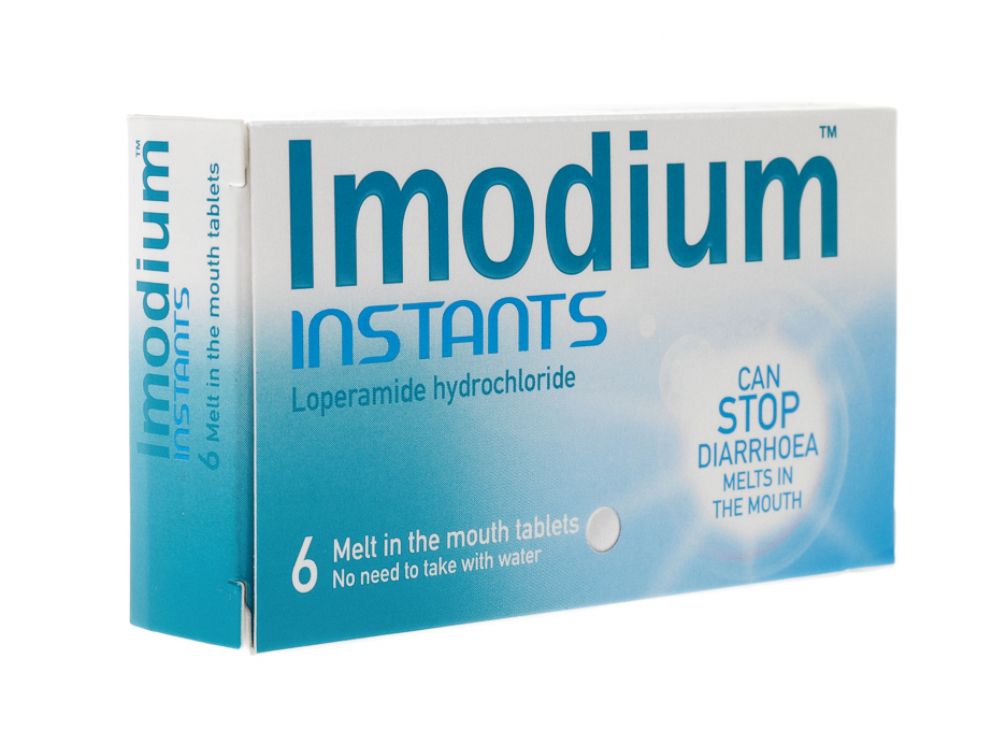Opioid crisis spurs sometimes-deadly abuse of popular diarrhea medicine
Addicts use loperamide, sold as Imodium, to get high or ease opioid withdrawal,
The opioid crisis has taken what the FDA calls "many new and troubling turns," and and this is one of them. Opioid addicts are buying a popular diarrhea medicine, loperamide, sold under the brand name Imodium -- to get high or as a way to taper off off opioids.
The FDA is taking steps to change the packaging of loperamide to help deter abuse of this drug. It's safe at approved doses but when taken at 100 times the recommended amount, as some addicts do, it can be deadly, FDA Commissioner Scott Gottlieb said in a recent article for the agency.
"The drug acts locally, inside the gut, to treat the symptoms of diarrhea. But when loperamide is abused and taken at extremely high doses, some of it can cross the gut lining, giving users an opioid like ‘high,’” Gottlieb said.

Some opioid addicts are also taking large amounts of loperamide as a bridge to help them gradually withdraw from opioids or to treat symptoms of withdrawal, which include diarrhea. The medicine has been dubbed the "poor man's methadone."
The FDA has been aware since June 2016 of some people taking far higher amounts of loperamide than is recommended on the packaging. But at these high doses, the drug has been associated with severely-abnormal heart rhythms and even death.
To combat this, the Food and Drug Administration began in January proposing methods to encourage safe use of the drug, including by ensuring that negative side effects are clearly written on packaging and that the medicine is not sold in huge amounts. The agency is working with large retailers like Walmart, Amazon and eBay toward changing their packaging, Gottlieb said.
Currently, the maximum dose recommended for over-the-counter loperamide is 8 milligrams. If it is given by prescription, the maximum dose is increased to 16mg daily for treatment of conditions like Crohn’s disease. When it is sold in bulk, some packages contain up to a thousand 2-mg tablets. This makes taking dangerously-large doses easy and affordable.
The FDA commissioner said reasonable packaging limitations "may reduce medication overdose and death."
Chantel Strachan, MD is a second-year internal medicine resident at the University of Connecticut, working with ABC News Medical Unit.




